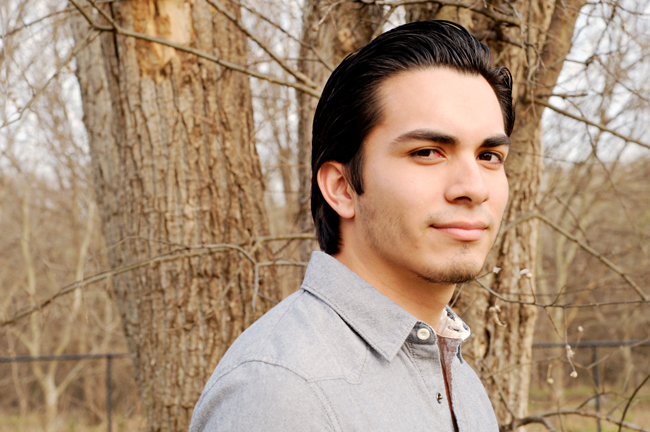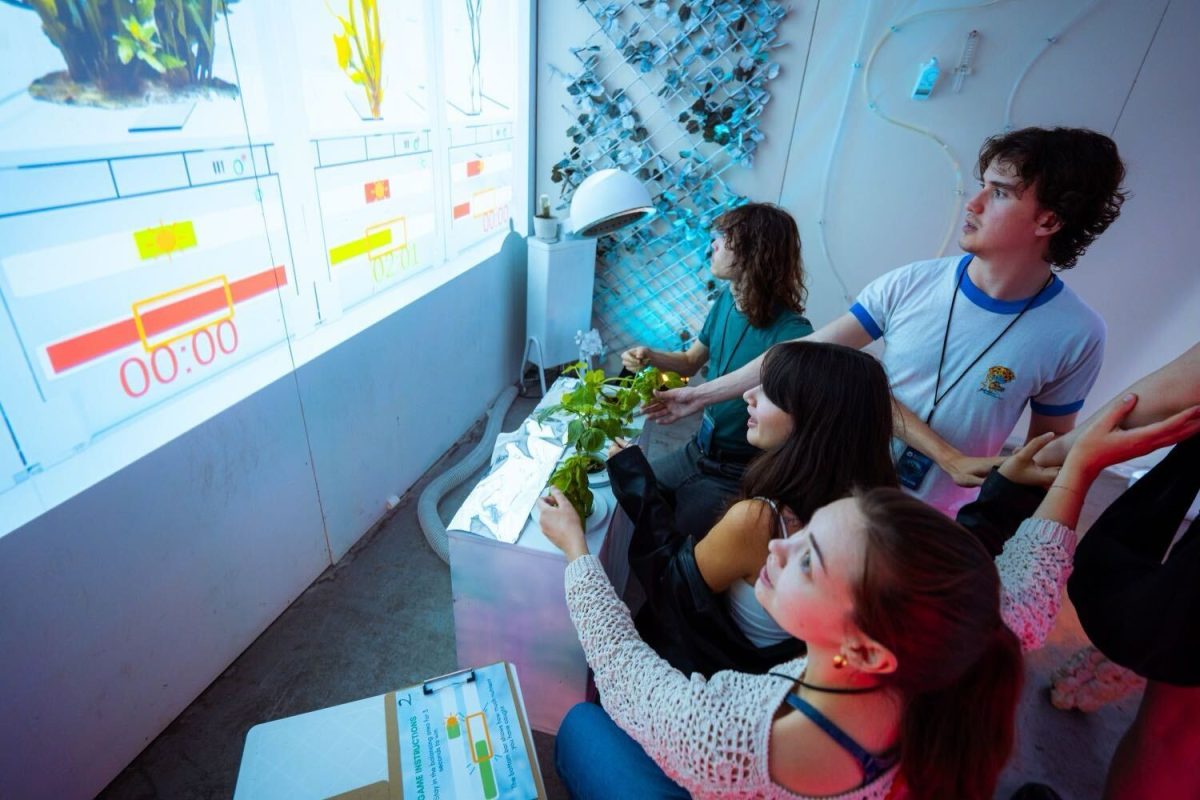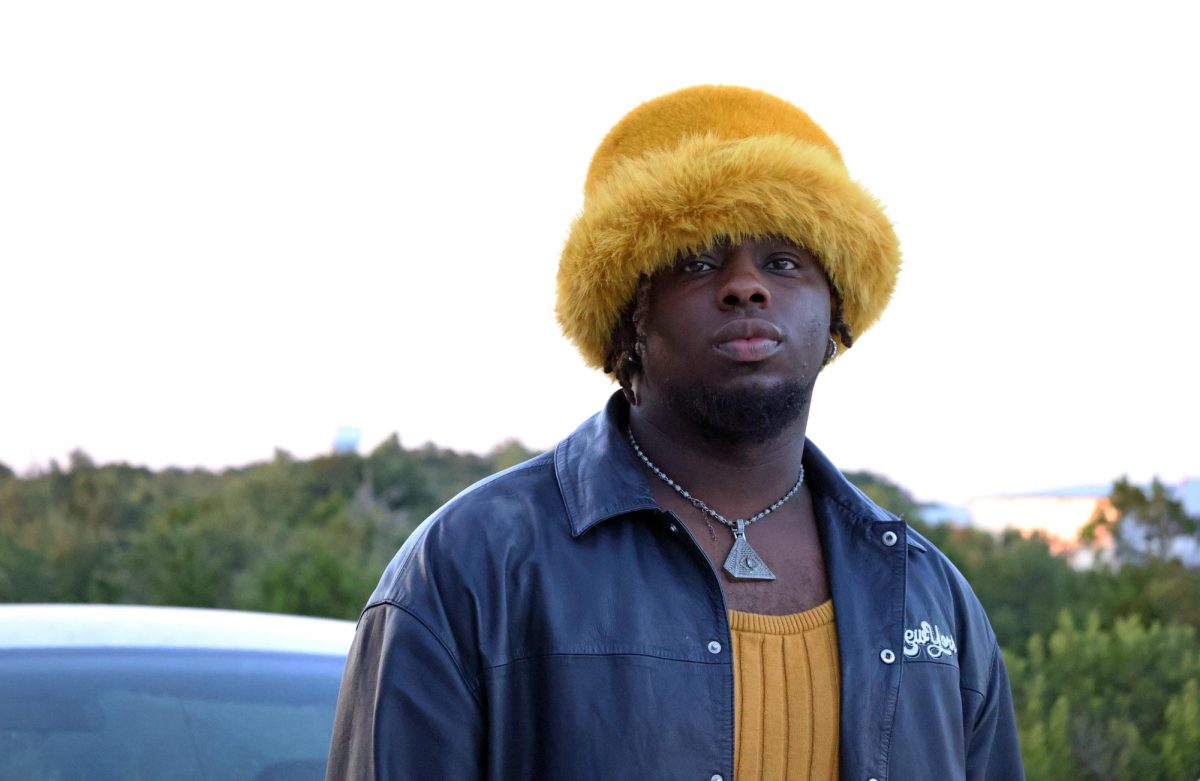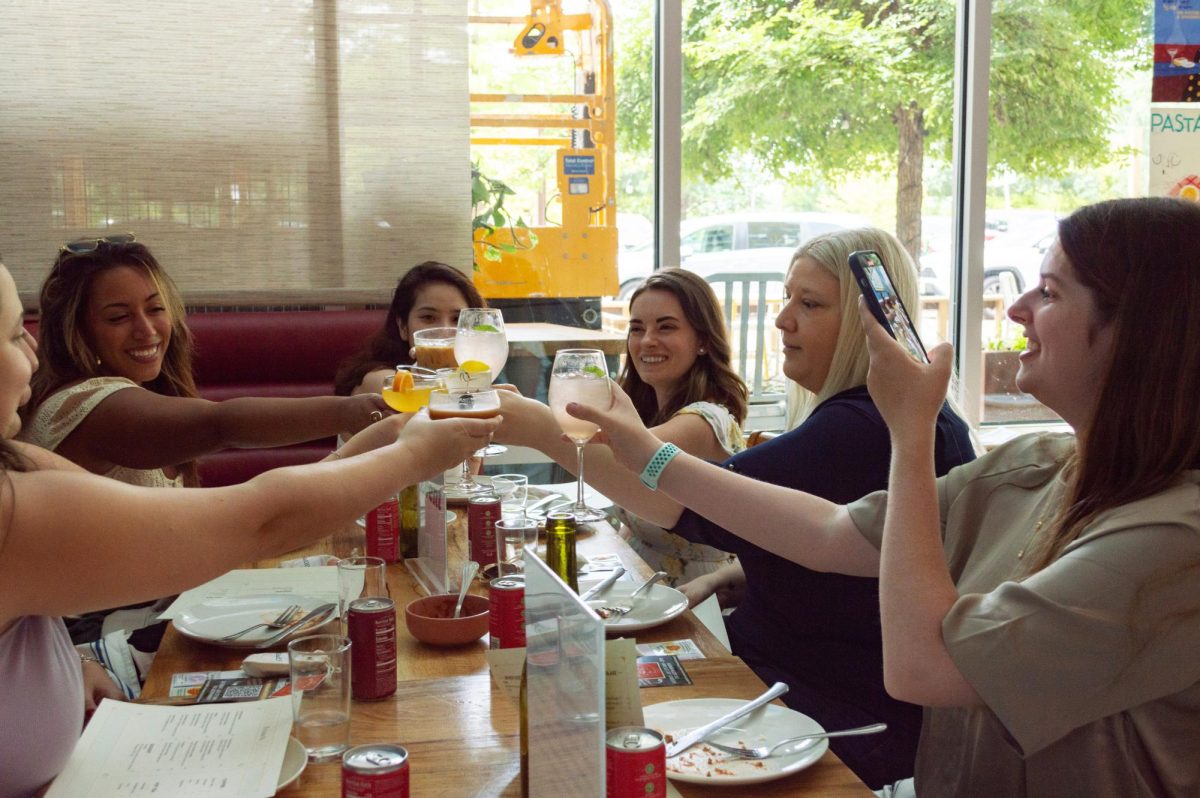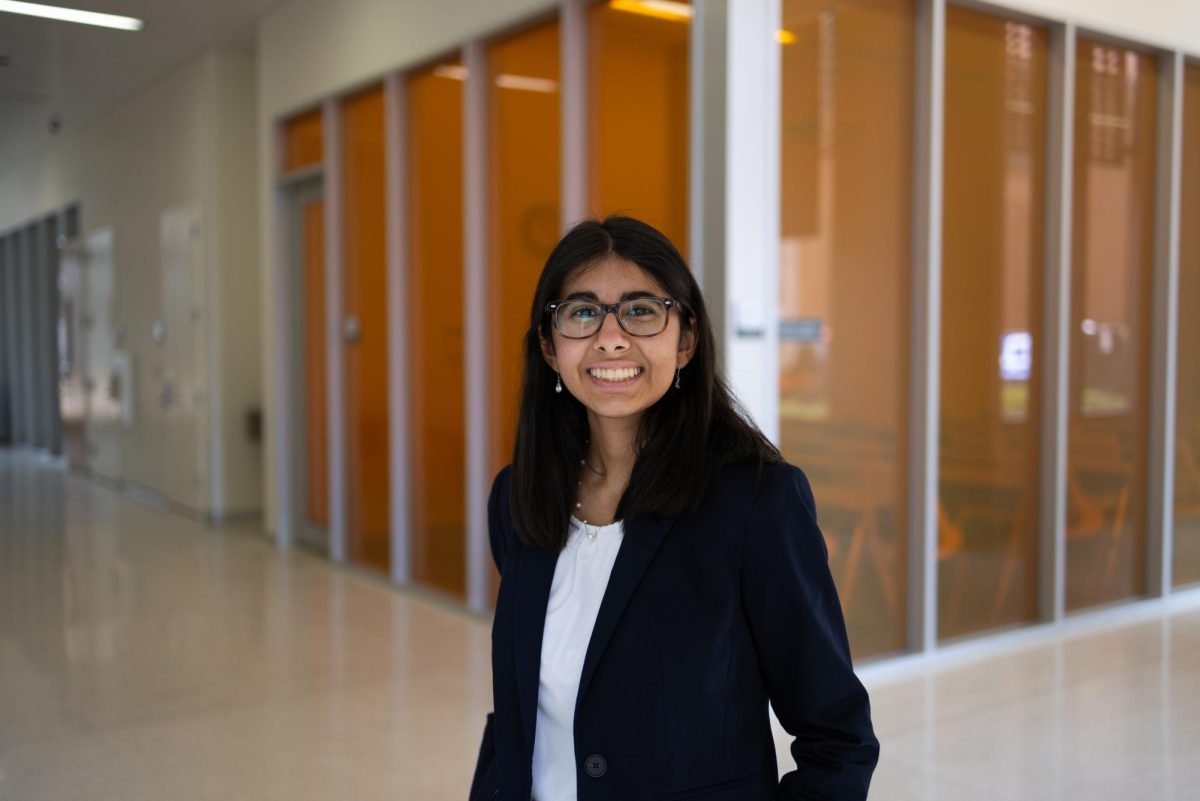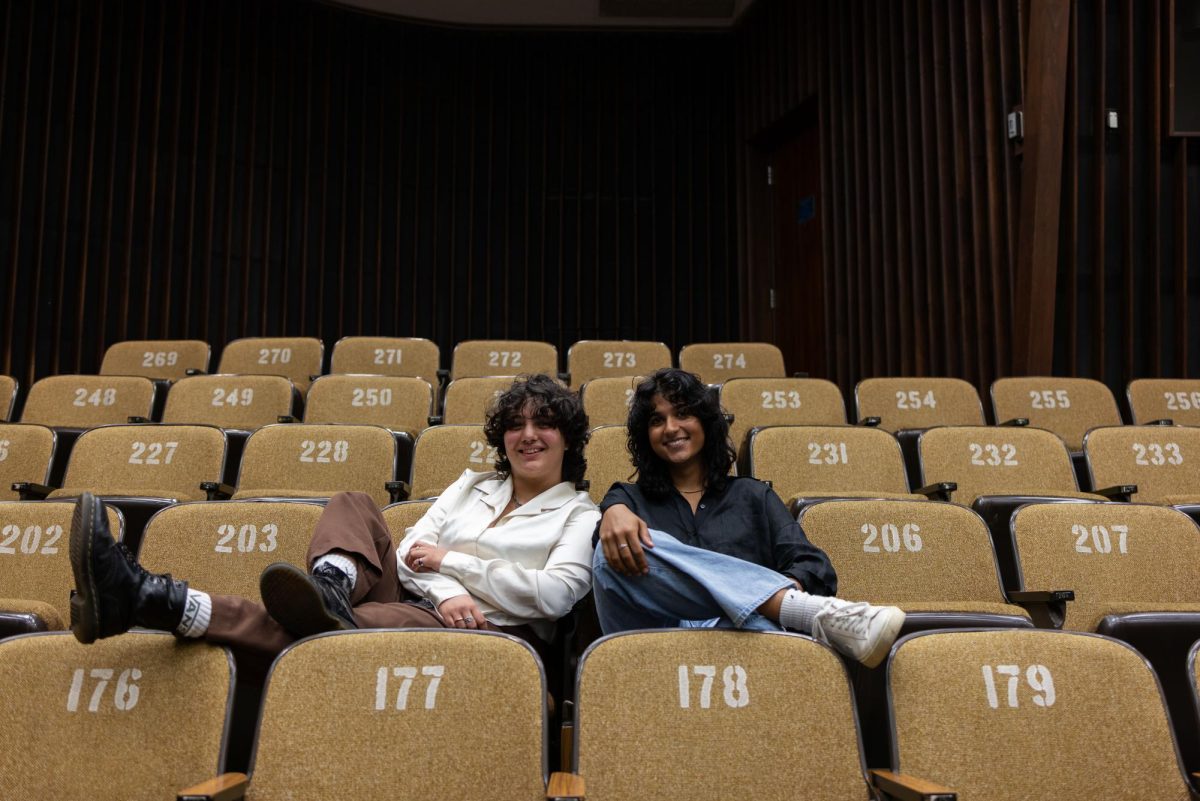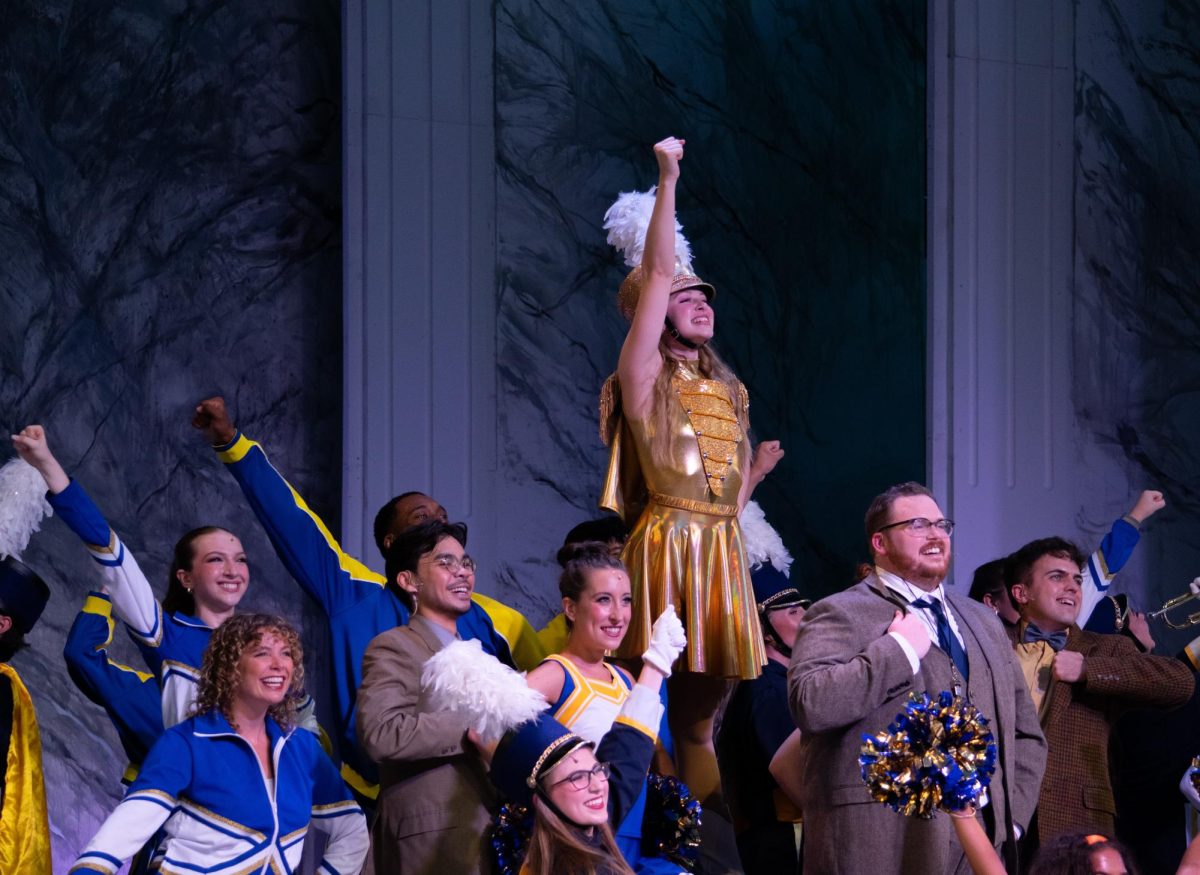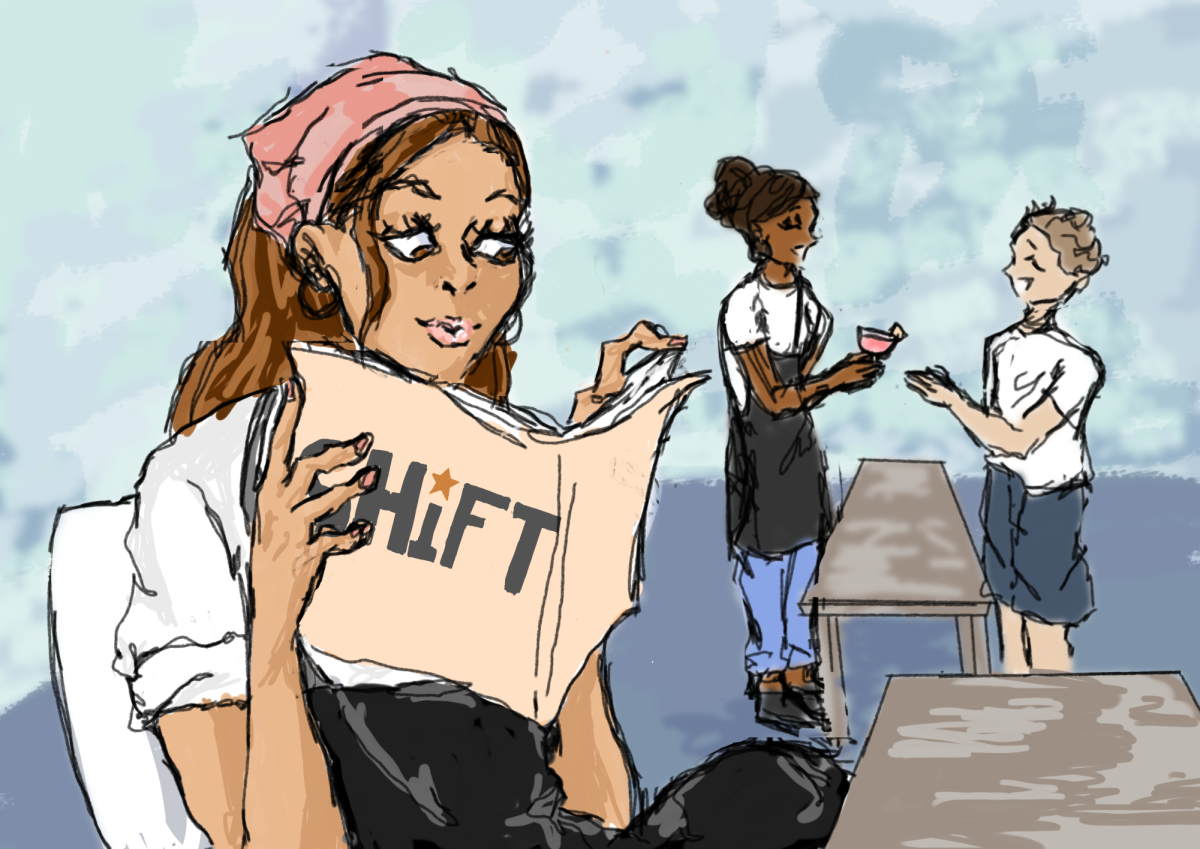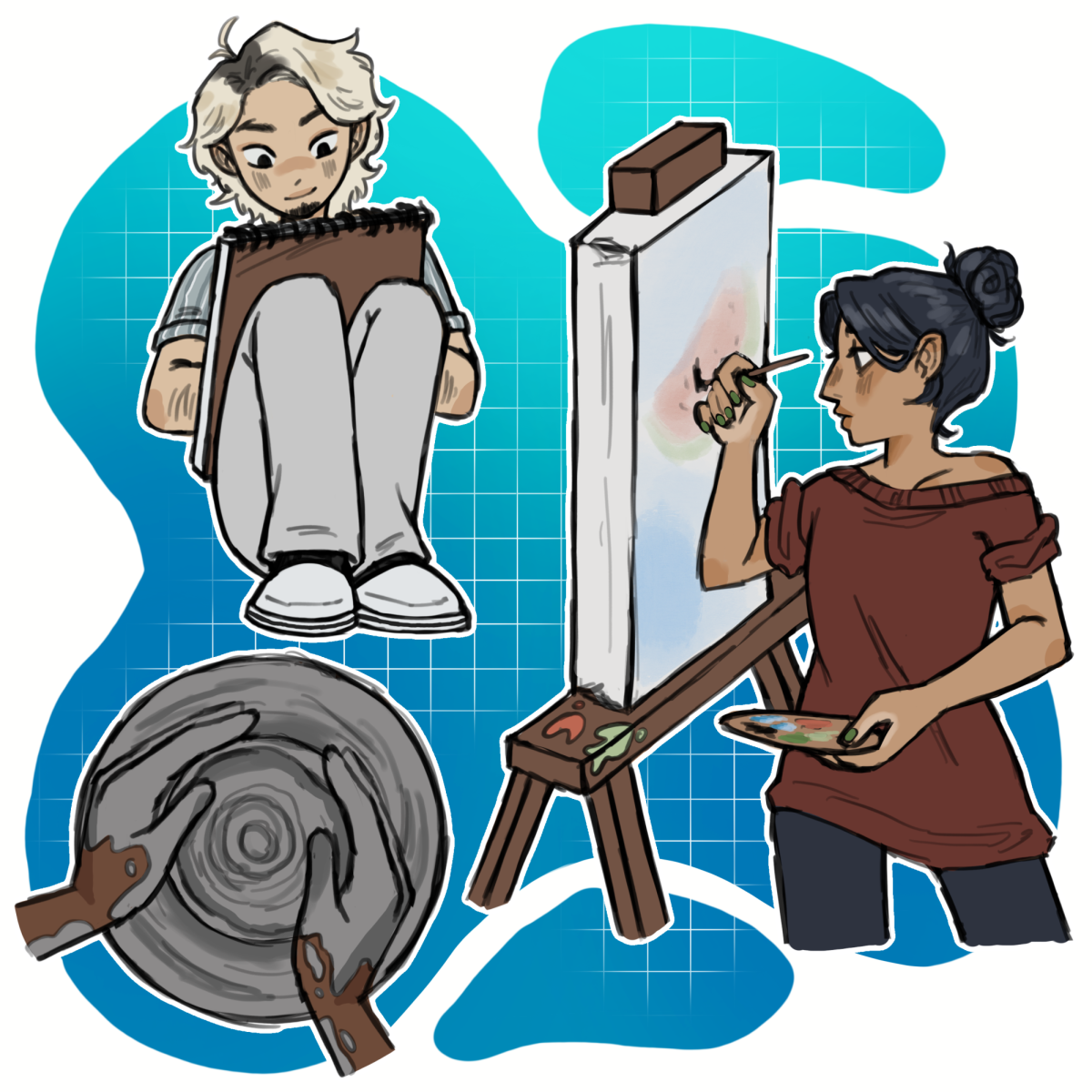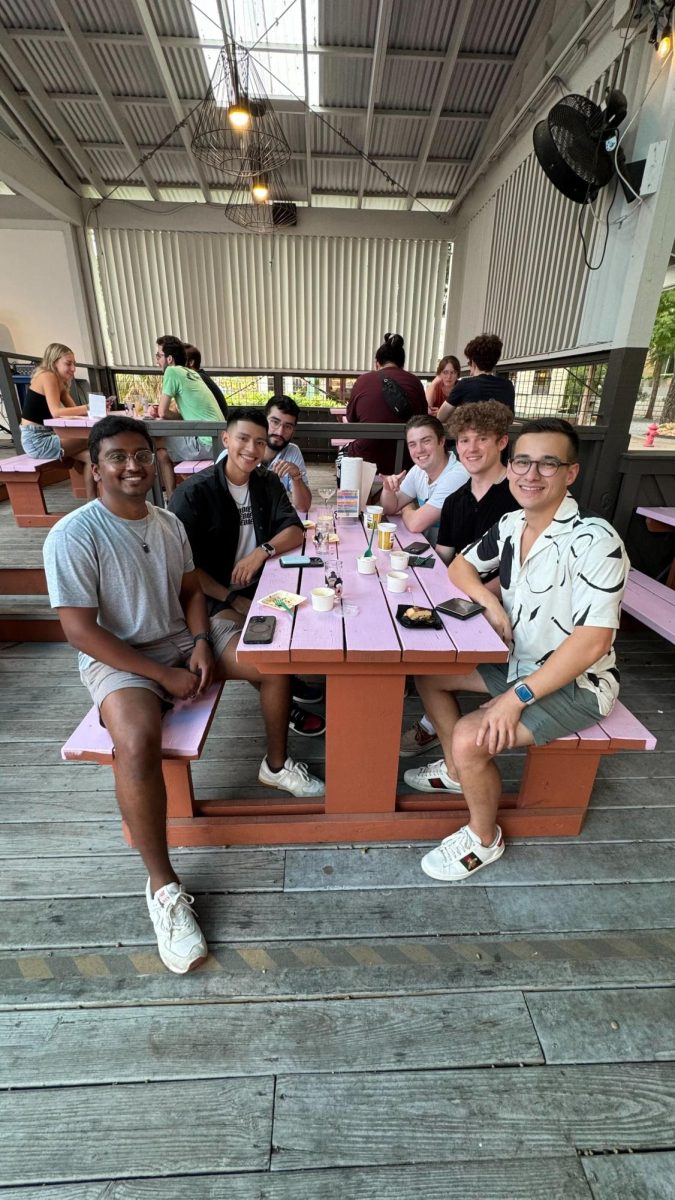For UT senior Miguel Vazquez, the prospect of successfully attending college would not have seemed possible six years ago. The college admissions process — from financial aid forms to general applications and essays — remains a notoriously intricate barrier to higher education for economically disadvantaged students and first-generation immigrants like Vazquez. After hearing about a new mentoring program called College Forward in high school, Vazquez decided to take a leap of faith and sign up.
In 2002, a pair of close friends recognized that there was a huge gap in the quality of education for high-income students and low-income students — a gap that was quickly growing. Although many high schools in the Austin area had reasonable graduation rates, college enrollment appeared to drop off. By September 2003, friends Lisa Fielder and Doreen Wise had enough and decided to launch a new nonprofit organization in Austin: College Forward.
Receiving both funds and educators from AmeriCorps, a federal program designed to subsidize community service organizations, College Forward set out to tackle this discrepancy in education for disadvantaged students. High school juniors and seniors who qualify for free or reduced lunch, or are recent immigrants to the United States, can apply for the program’s free mentoring services.
At schools with larger student populations, access to guidance counselors is often restricted by the volume of students requiring assistance. When Vazquez attended Del Valle High School southeast of Austin, only two college advisers were made available to counsel more than 1,000 juniors and seniors. Vazquez knew he needed more personal attention than his school could offer.
“College Forward overall just made it simple for me to apply [to college]. … My parents went to college in Mexico, but it’s a completely different process here in the United States, so we were just kind of left in the dark,” Vazquez said.
College Forward currently makes use of both “college coaches” and “college persistence coaches.” College coaches assist students attempting to gain acceptance to college. College persistence coaches focus on keeping accepted college students enrolled up to and through their college graduation.
This wasn’t always the case, however. College Forward originally focused only on college admissions. Co-founder Lisa Fielder said it took time to truly address the root of the problem.
“In 2003, our goal was just to help kids get into college. We found out that that is doable. All that really takes is care and attention,” Fielder said. “But keeping [students] there is a whole different thing.”
College Forward re-tailored its strategy over the following years and began offering continued services to students attending college. Convinced by his successful enrollment at UT, Vazquez decided to re-apply for “persistence” services when he first arrived on campus.
“It was kind of a culture shock. I’ve never left home before,” Vazquez said. “College Forward provided me a way to ask for help.”
College Forward functions not as an advocate for students, but as a conduit to teach students self-advocacy. Even though his family lives in Austin, Vazquez said he was encouraged by the program to gain a “full experience” by spending his first year at UT in a dorm.
Hans Howk, a completion coach at College Forward, said his job is to be more of a resource than anything else.
“Coach is really the best word. We just coach. We don’t tell them what to do and they don’t owe anything to us,” Howk said. “We just help them persist through college.”
Since being founded, College Forward has been continuously reshaping its approach to helping disadvantaged students. Fielder and her team have realized over the years that the key to success is not one simple fix.
“We know that escaping poverty takes more than getting into college,” Fielder said. “You have to finish college. And more than just getting finished with college, you have to get a job that pays a professional salary. That is not a service that we do yet, but … we will be rolling that out this fall.”
Vazquez is nearing the completion of an electrical engineering degree. He recently interned with Cisco Systems and is now working for a startup company that provides technological infrastructure and server support around Austin. Attributing much of his success to College Forward, Vazquez did not hesitate to recommend the program to students who might have reservations about continuing their education.
“What happens a lot in minority schools and low-income schools is that a lot of those students who apply, for some other reason, decide that they’re not going to college,” Vazquez said. “What College Forward does is that they push you to follow through, and that’s one of the important reasons why I would recommend students to [the program].”
Published on March 1, 2013 as "Program narrows education gap".



